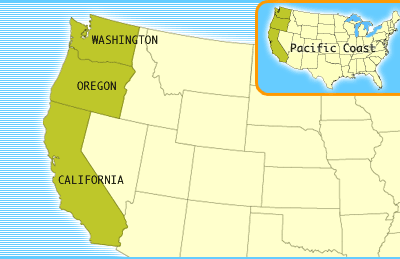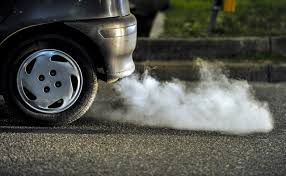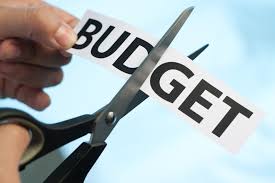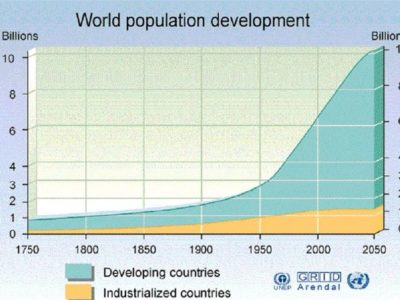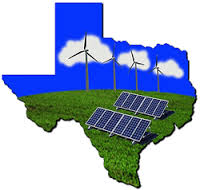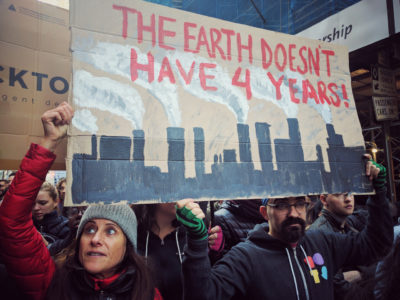Climate Change
What is the “Left Coast” Doing About Climate Change?
Quite a lot, as it turns out. But stronger coordination is needed.
The three West Coast states have a lot in common, including strong commitments to address climate change. They are all taking action on this front, but so far coordination efforts seem weak. Given the situation in D.C., it would make sense for these states to go further in terms of making a collective effort. It …
Continue reading “What is the “Left Coast” Doing About Climate Change?”
CONTINUE READINGThe Car Industry’s Rollback Effort — Disappointing But Not Surprising
The struggle to force the car industry to cut pollution goes back six decades.
The car industry is appealing for President Trump’s help against stricter carbon standards for cars. The industry’s action is disappointing for those who believed industry claims to embrace sustainability and technological innovation. There’s no good excuse for the industry’s about-face on a regulation it had originally agreed to. As one of the architects of the …
Continue reading “The Car Industry’s Rollback Effort — Disappointing But Not Surprising”
CONTINUE READINGTrump’s Budget Cuts: Even Worse Than You Thought
As you dive into the details, things keep looking worse.
Trump is proposing huge cuts to EPA and other agencies. That’s bad enough. We’re beginning to learn more details, and the message is grim. While these cuts may not emerge from Congress at the end of the day, they do express the Administration’s goals. In particular, they demonstrate that the Administration is deeply hostile to environmental science and …
Continue reading “Trump’s Budget Cuts: Even Worse Than You Thought”
CONTINUE READING2050: The Challenges Ahead
How will we cope with a huge population increase and climate change?
Let’s look past today’s political travails and think longer-range. What will things look like in 2050? There are more details below, but here’s the general picture. World population will probably grow by 2.5 billion people between now and 2050, with about half of the increase in Africa. Given historically weak economic growth in those areas …
Continue reading “2050: The Challenges Ahead”
CONTINUE READINGThe GOP’s stealth carbon tax?
Republican proposals for border adjustment tax are equivalent to a carbon tax on oil
One of the leading proposals being floated by Republicans for tax reform is what is called a border adjustment tax. Put simply, it would tax corporate income on imports into the U.S. and leave income from exports tax exempt. The policy argument for it is that it would simplify tax administration for large, multinational companies …
Continue reading “The GOP’s stealth carbon tax?”
CONTINUE READINGA conservative proposal for a carbon tax
A promising proposal from conservative leaders, but important questions remain
An impressive lineup of senior Republican leaders has embraced a carbon tax as an approach to address climate change. The proposal is to trade away the Obama Administration Clean Power Plan and tort liability against fossil fuel companies for a $40/ton carbon tax that would increase over time. All revenues from the tax would be …
Continue reading “A conservative proposal for a carbon tax”
CONTINUE READINGIs Texas Cleaning Up Its Act?
Carbon emissions are set in decline in Texas, with less coal and more renewables.
At a national meeting of state utility regulators, the head of the group recently said that the Clean Power Plan was basically dead, BUT this might not matter because “arguably, you’re seeing market-based decarbonization” due to technological changes. Case in point: Texas. Market trends are pushing Republican-stronghold Texas toward a cleaner grid. ERCOT, which operates nearly all …
Continue reading “Is Texas Cleaning Up Its Act?”
CONTINUE READINGPublic Lands Watch: House Joint Resolution 36
A proposal to revoke an Obama Administration rule on methane flaring on public lands
Additional Update: It is being considered in the Senate as Senate Joint Resolution 36. Update: The resolution passed the House on the morning of Saturday, Feb 4. It will next go to the Senate. House Joint Resolution 36 (now being considered as part of House Resolution 74) “Resolved by the Senate and House of Representatives …
Continue reading “Public Lands Watch: House Joint Resolution 36”
CONTINUE READINGEarth Day, 2017 Should Be The Next Massive Rally
The 47th Earth Day falls this year on April 22, a Saturday. The fortuity of a weekend date makes Earth Day the perfect opportunity to marshall the energy of the wildly successful Women’s marches around the world to demand that Congress and the Trump Administration protect our planet (hat tip to Emmett Fellow Julia Forgie …
Continue reading “Earth Day, 2017 Should Be The Next Massive Rally”
CONTINUE READINGThe Owls in the Vineyard
It’s smart to take precautions against climate change. More can be done, even in the Trump era.
At night, you can hear the hooting of owls in the vineyard. The owners have deployed owls and falcons to control the pests that threaten the Kendall Jackson vineyards due to milder winters. But birds of prey aren’t the only things flying above the vineyard. There are also drones, which are used to observe small differences …
Continue reading “The Owls in the Vineyard”
CONTINUE READING



